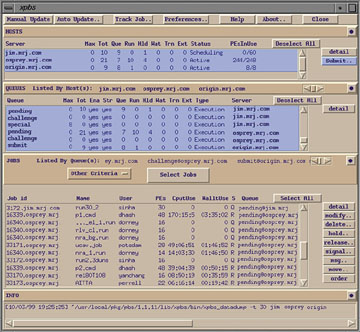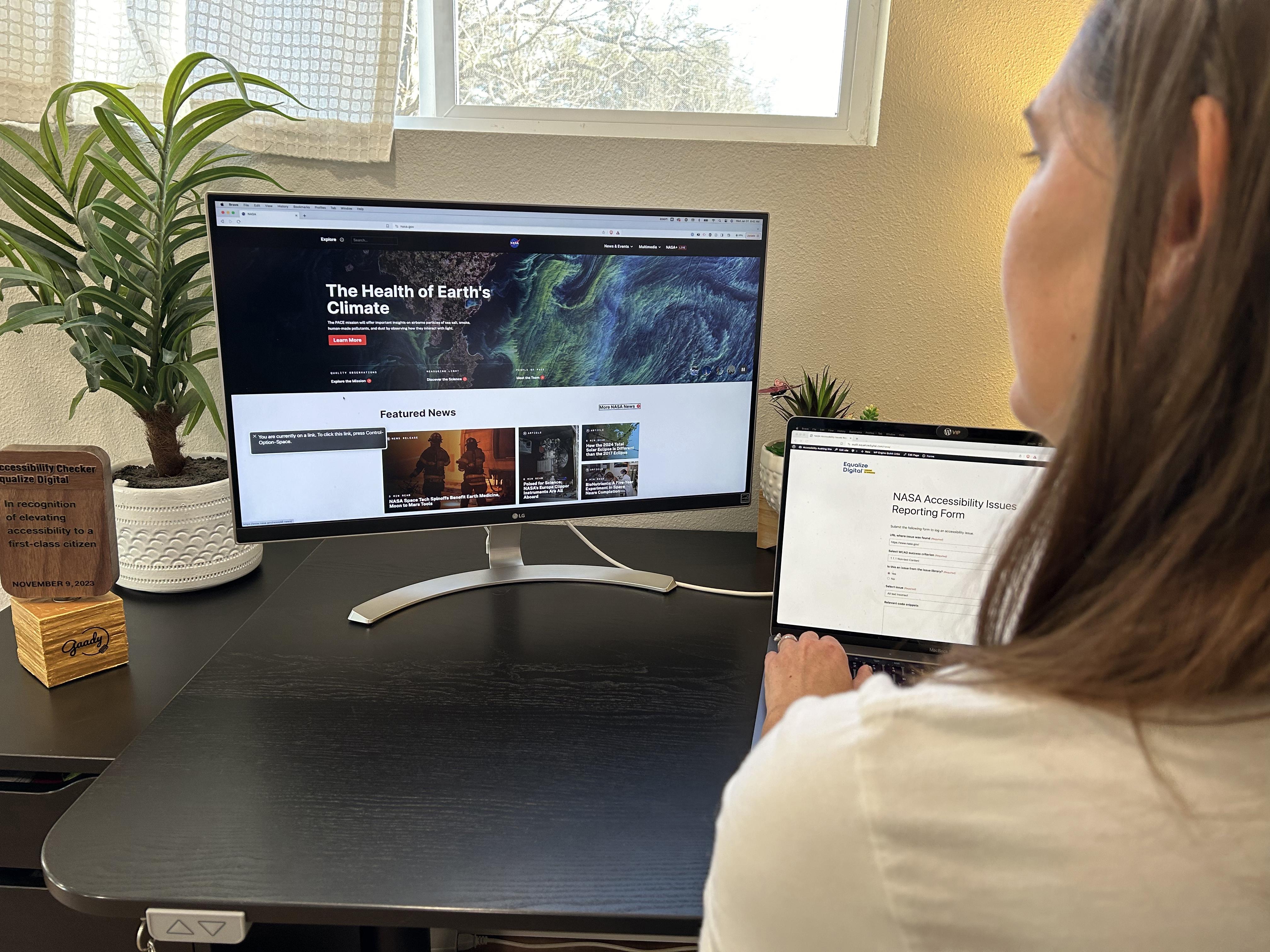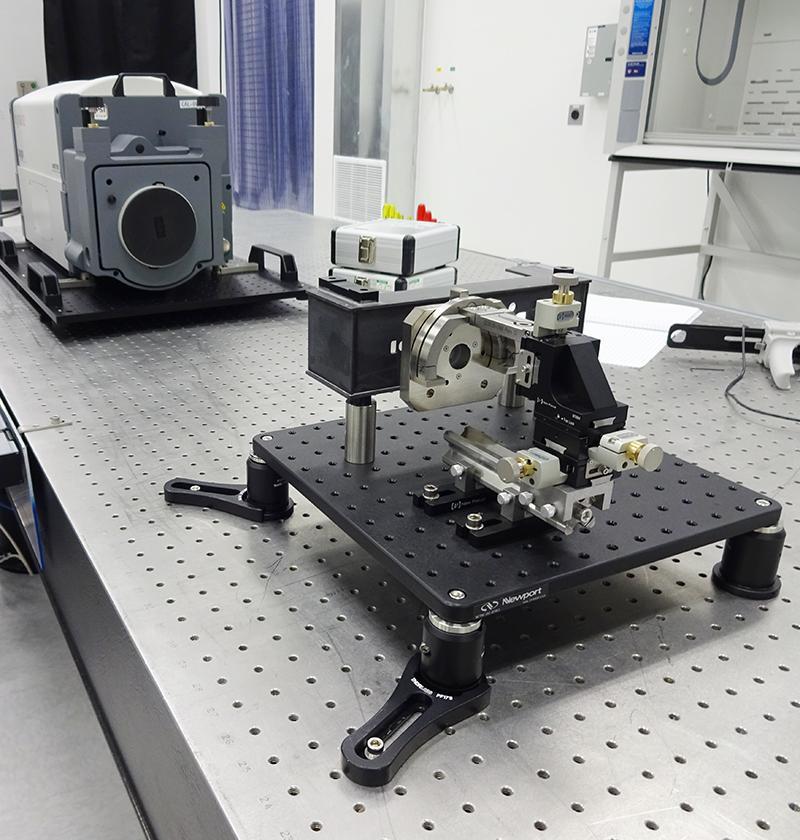Batching System for Superior Service
Sitting in a downtown traffic jam is a frustrating experience; similar to computer users who experience "gridlock" as they try to process the ever-increasing data on their machine. Many engineers today encounter problems with computer software applications competing for limited memory to execute sophisticated operations. Although large enterprises most likely possess the necessary computing power, systems often exceed supply in some areas, while resources in other areas are under-utilized. Funding, research assistance, facilities, and equipment provided by NASA Ames Research Center, of Moffet Field, California, enabled a technology solutions company, Veridian, of Arlington, Virginia, to develop a flexible batch queuing and job management system to handle these difficult technical tasks.
Veridian's Portable Batch System (PBS) was the recipient of the 1997 NASA Space Act Award for outstanding software. A batch system is a set of processes for managing queues and jobs, whereas a batch server creates, routes, executes, modifies, and deletes jobs. Without a batch system, it is difficult to manage the workload of a computer system.
By bundling the enterprise's computing resources, the PBS technology offers users a single coherent interface, resulting in efficient management of the batch services. Users choose which information to package into containers for system-wide use. PBS also provides detailed system usage data, a procedure not easily executed without this software. Ames implemented this state-of-the-art system to replace their existing NQS (Network Queuing System), which was the first UNIX-based batch scheduling system.
PBS operates on networked, multi-platform UNIX environments. Veridian's new version, PBS Pro,™ has additional features and enhancements, including support for additional operating systems. Veridian distributes the original version of PBS as Open Source software via the PBS website. Customers can register and download the software at no cost. PBS Pro is also available via the web and offers additional features such as increased stability, reliability, and fault tolerance.
A company using PBS can expect a significant increase in the effective management of its computing resources. Tangible benefits include increased utilization of costly resources and enhanced understanding of computational requirements and user needs. The user-friendly system also reduces dependency on system administrators and operators, allowing them to focus their attention on more relevant activities. The system facilitates expandability by supporting the distribution of production workloads across wide-area networks (WANs), in addition to the logical organization of physically separate computing systems.
Veridian's system has proved a big success for many large corporations including the Numerical Aerospace Simulation (NAS) Facility. After installation of PBS, the facility saw system utilization rates jump from 20 to 70 percent. David Lackner of the Ames Commercial Technology Office calls the PBS software commercialization a true success story. He said, It becomes evident to the American taxpayer that their investment is paying off when products like PBS are spun out and become commercially viable, solving a real need.
PBS Pro™ 5.0 is a trademark of Veridian.

Veridian's PBS technology offers users a single coherent interface, complete with a usage data log for ultimate efficiency.













